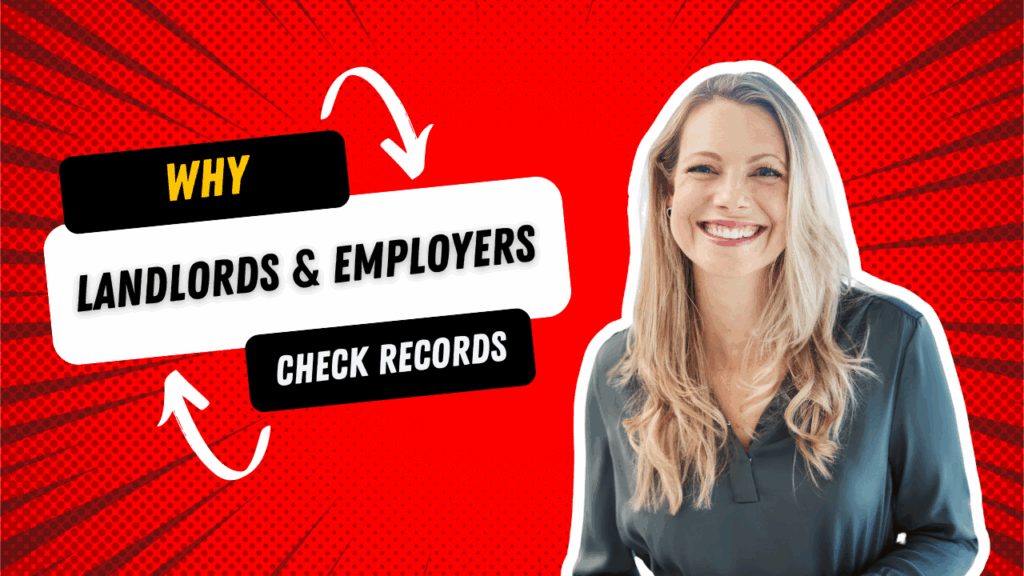Whether you’re applying for a job or looking to rent an apartment, your court history can follow you. And thanks to Google, that history is just a few clicks away.
Court records are public, searchable, and increasingly used as a way to assess someone’s background. Here’s why landlords and employers are checking court records online—and what you can do if those records are hurting your chances.
Dig Deeper: How to Remove Court Records from Google Search
The New Background Check: Google
Most landlords and hiring managers don’t stop at your application. They Google you. And if a court record appears on the first page—even if it was dismissed or resolved—it can raise red flags.
They’re not just looking for criminal convictions. Employers and landlords might check for:
- Lawsuits involving past landlords or employers
- Evictions or housing disputes
- Civil cases like restraining orders or contract disputes
- Bankruptcy filings or financial judgments
These records help them make decisions based on perceived risk—even if the case was minor or outdated.
Why Landlords Search Court Records
Landlords want to avoid tenants who might pose a financial or legal risk. If they find past evictions, unpaid rent judgments, or small claims suits tied to housing, it can lead to a denied application.
Even if you’ve turned things around, one negative record online can give the impression that you’re a high-risk tenant.
Why Employers Check Court Records
Employers are looking to protect their company, clients, and brand. A court record can raise concerns about:
- Trustworthiness or professional conduct
- Financial responsibility (especially in finance roles)
- Workplace safety
They may not legally be allowed to use some court information in hiring decisions, but it can still shape first impressions—especially if it shows up in a quick search.
What Shows Up and Where
Court records can be found in:
- Google search results (via news articles or public databases)
- Background check services
- Court-specific databases like PACER or state portals
- Data broker and people-search sites
Even if your record was sealed or dismissed, some third-party sites may not update their info unless you request it.
What You Can Do About It
1. Google Yourself
Search your name in incognito mode and look for:
- Court cases
- News coverage
- Background check listings
Take note of what landlords or employers might see.
2. Remove or Suppress Harmful Results
If the content is outdated, incorrect, or expunged, try removing it:
- Contact the website directly
- Submit a removal request to Google for personal or sensitive info
- Use SEO to push positive content above the court records
3. Explain the Situation (If Needed)
If you’re asked about a court record, be ready to explain:
- What happened
- How it was resolved
- What you learned from the experience
Transparency can sometimes offset the impact of a bad search result.
4. Get Professional Help
If court records are showing up and hurting your opportunities, consider working with a service like Top Shelf Reputation. We can help:
- Remove outdated or damaging records from Google
- Suppress negative content with SEO
- Monitor and protect your online presence long-term
Final Thoughts
Landlords and employers don’t need special access to your past—Google does it for them. Court records online can derail your chances before you even get an interview or viewing.
But with the right steps, you can take control of your online reputation and keep your past from defining your future.
Need help? Top Shelf Reputation specializes in removing and suppressing court records online. Reach out today to protect your name before someone else defines it for you.

